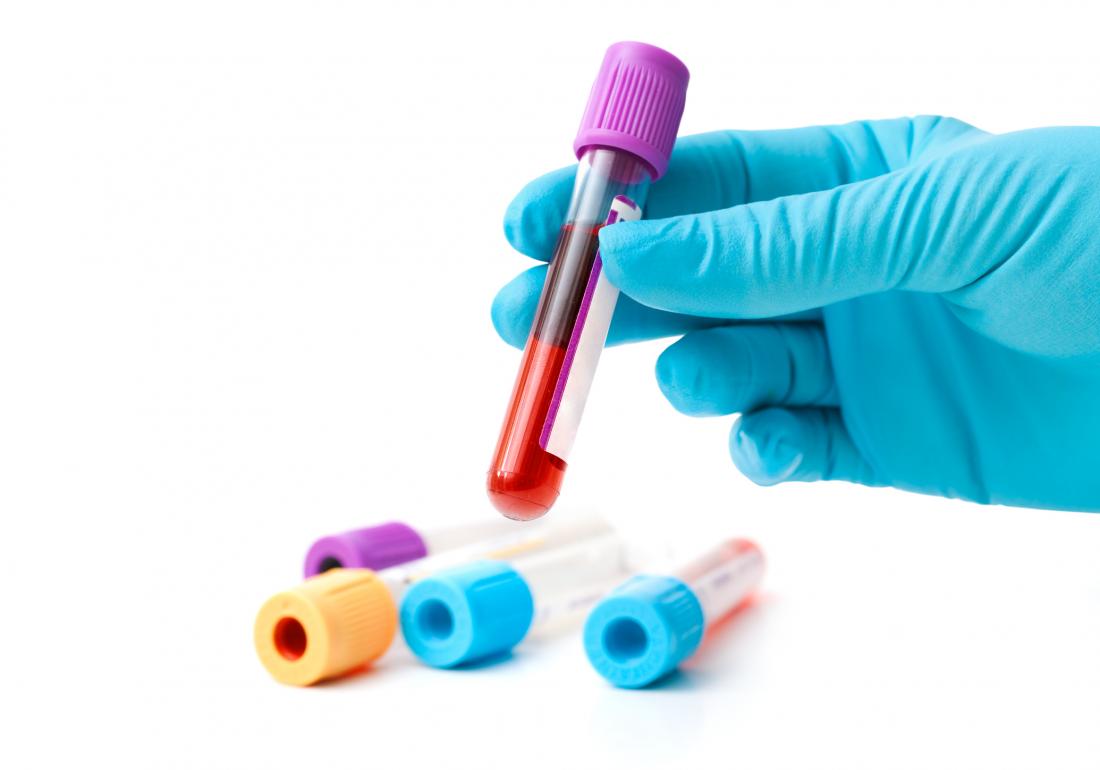Molecule deficiency may help diagnose severe depression

A new study, published in the journal PNAS, suggests that a diagnostic blood test for depression may soon be on the horizon. The new research shows that treatment-resistant depression is characterized by reduced blood levels of a specific molecule.
According to the most recent estimates from the National Institutes of Health (NIH), over 16 million American adults had at least one major depressive episode in 2016.
The disorder severely interfered with the daily lives of 10 million of these people.
Most individuals with depression respond to antidepressant treatment. However, up to 30 percent of them do not show any signs of improvement, or they benefit from antidepressants only partially.
New research suggests that this form of treatment-resistant depression may be down to a deficiency of a molecule called acetyl-L-carnitine (LAC), and that measuring the blood levels of this molecule may prove to be an effective way of diagnosing the disorder.
The new study was carried out by neuroendocrinology professor Bruce McEwen and research associate Carla Nasca — both affiliated with the Rockefeller University in New York, in collaboration with Natalie Rasgon, a professor of psychiatry at the Stanford University School of Medicine in California.
